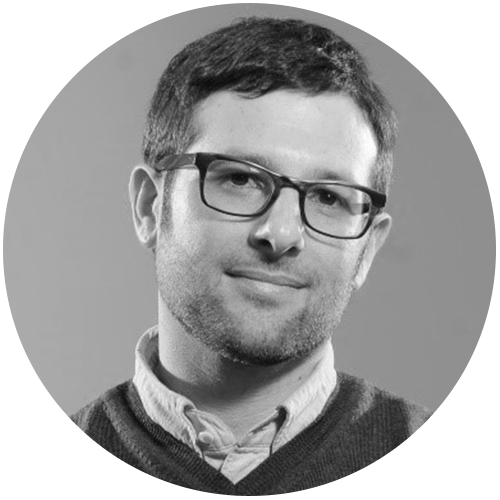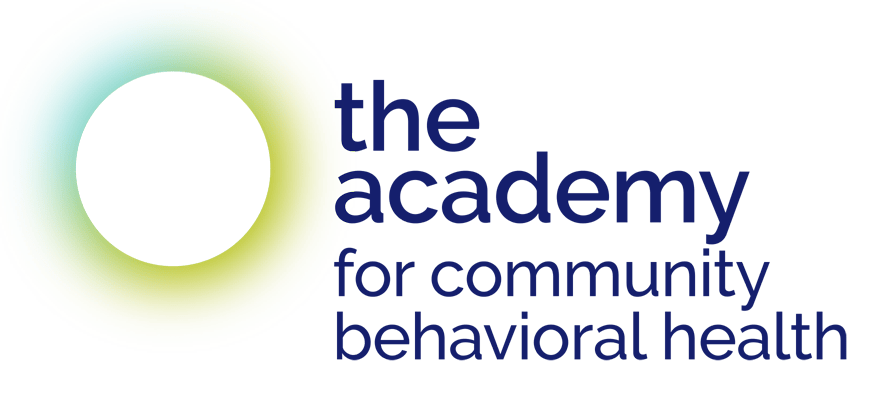All Scheduled Dates
December 4, 1:00pm-2:15pm
Course Type
Brief Learning Series
Course Length
75 minutes
QUESTIONS?
Email [email protected]
ATTENDANCE POLICY
Learners who complete this course will receive a certificate of completion from the Academy.
Learners who complete all five courses in the Series: Tools for Coping with Stress and Trauma will receive a certificate of completion for the series.
Combating Loneliness with Social Prescribing
DESCRIPTION
Loneliness is a common experience, and could mean that we are not as connected to others as we would like to be. While everyone experiences loneliness, some people are more susceptible to acute or chronic loneliness. This course will focus on understanding and addressing loneliness among those most vulnerable. One exciting new way to strengthen communities is the concept of Social Prescribing. Social Prescribing refers to the ways in which social health is as important to a person’s health as physical and mental health. In particular, we will discuss how Social Prescribing can be a key tool to address loneliness epidemic.
COURSE OBJECTIVES
Participants will:
- Increase awareness of loneliness and the importance of community for mental health
- Build knowledge of social prescribing
- Recognize or identify signs of loneliness
- Learn specific practices and strategies to build social health
WHAT TO EXPECT
This course will present relevant information and research as well as discuss concrete strategies for building social health. We invite your ideas about mental health and wellbeing and the instructor will hold time for questions and discussion.
ELIGIBILITY
This course is open to staff of any non-profit community organization or government agency that delivers social services in NYC. This course may be especially helpful to anyone who works with communities who may struggle with loneliness.
INSTRUCTORS

This training is led by Dr. Adam Brown, Director of the Trauma and Global Mental Health Lab, Vice Provost for Research and Associate Professor of Psychology at the New School for Social Research. The focus of the lab’s work is to develop and implement culturally-responsive capacity building strategies aimed at reducing gaps in mental health care by training individuals to contribute to the wellbeing of others in their communities.
